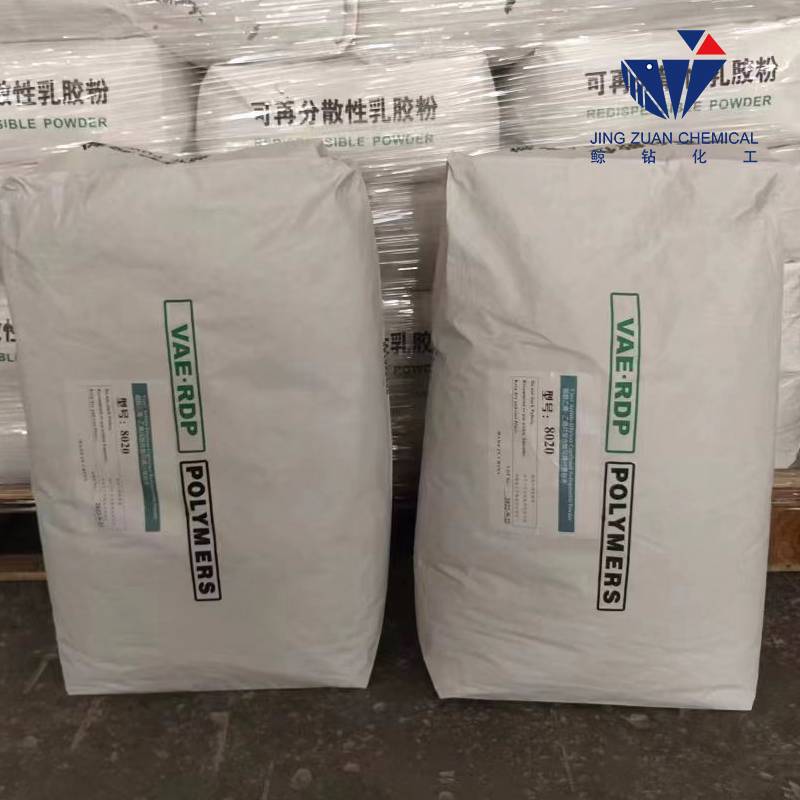
8 сар . 15, 2024 03:46 Back to list
Exploring the Diverse Applications and Benefits of Hydroxyethyl Cellulose in Various Industries
Hydroxyethyl Cellulose Versatile Uses and Applications
Hydroxyethyl cellulose (HEC) is a non-ionic, water-soluble polymer derived from cellulose, extensively used in various industries due to its unique properties such as thickening, gelling, and stabilizing. It plays a significant role in various formulations, ranging from household products to advanced industrial applications. This article delves into the diverse uses of hydroxyethyl cellulose and why it is a crucial ingredient in many formulations.
1. Cosmetics and Personal Care Products
One of the prominent applications of hydroxyethyl cellulose is in the cosmetic and personal care industry. It is commonly used as a thickening agent in lotions, creams, gels, and shampoos. HEC enhances the texture of these products, providing a smooth and luxurious feel. Furthermore, it acts as a stabilizer, helping to maintain the uniformity and consistency of emulsions, which is vital for product efficacy. Many skincare products also benefit from its ability to retain moisture, making it an excellent addition to hydrating formulations.
In the pharmaceutical industry, hydroxyethyl cellulose serves multiple roles, including acting as a binder in tablet formulations and as a film-forming agent in topical applications. Its biocompatibility and non-toxic nature make it an ideal candidate for drug delivery systems. Additionally, HEC can modify the release rate of active ingredients, improving therapeutic efficacy and patient compliance. Its utility in the pharmaceutical sector highlights its importance in ensuring the safety and effectiveness of medical treatments.
3. Construction and Building Materials
HEC is also widely used in the construction industry, particularly in cement and plaster formulations. It enhances workability and provides excellent water retention, ensuring that cement mixtures remain moist for longer periods, which is critical for proper curing. Moreover, it improves the adhesion of the mixtures to substrates and prevents sagging in vertical applications. As a result, hydroxyethyl cellulose contributes to the overall durability and strength of construction materials.
hydroxy ethyl cellulose uses

4. Food Industry
In the food industry, hydroxyethyl cellulose is utilized as a thickening and stabilizing agent. It is commonly found in products such as sauces, dressings, and dairy items. HEC enhances the texture of food products, ensuring a desirable mouthfeel while preventing separation and maintaining consistency over time. Its ability to retain water aids in improving the shelf life of various food items, making it a valuable ingredient in food technology.
5. Paints and Coatings
The usage of hydroxyethyl cellulose extends to the formulation of paints and coatings, where it acts as a thickener and stabilizing agent. In water-based paints, HEC helps achieve the desired viscosity, ensuring that the paint applies smoothly and uniformly. Moreover, it enhances the stability and dispersibility of pigments, contributing to the overall quality and performance of the final product. This makes HEC an essential ingredient in both architectural and industrial coatings.
6. Agricultural Applications
In agriculture, hydroxyethyl cellulose is utilized in various formulations, including herbicides and pesticides. It serves as a thickening agent, improving the adhesion of agricultural chemicals to plant surfaces and enhancing the effectiveness of the treatments. Additionally, HEC can help control the release rates of active ingredients, providing prolonged action and reducing the frequency of application, thereby increasing efficiency in crop management.
Conclusion
Hydroxyethyl cellulose is a multifunctional ingredient with a wide array of applications across various industries. From enhancing personal care products to improving construction materials and contributing to effective pharmaceutical formulations, HEC’s versatility is unmatched. As industries continue to evolve and innovate, the demand for hydroxyethyl cellulose is expected to rise, solidifying its status as a crucial component in many formulations. Its unique properties not only enhance product performance but also contribute to sustainability and efficiency in numerous applications.
-
What Is HPMC: Meaning,Applications
NewsApr.02,2025
-
Redispersible Polymer Powder (Rdp): Uses, Price, And Suppliers
NewsApr.02,2025
-
Hydroxyethyl Cellulose (Hec): Uses, Suppliers, And Buying Guide
NewsApr.02,2025
-
Hpmc (Hydroxypropyl Methylcellulose): Applications, Suppliers, And Buying Guide
NewsApr.02,2025
-
Guide to Mortar Bonding Agent
NewsApr.02,2025
-
Buying Guide to Redispersible Powder
NewsApr.02,2025







